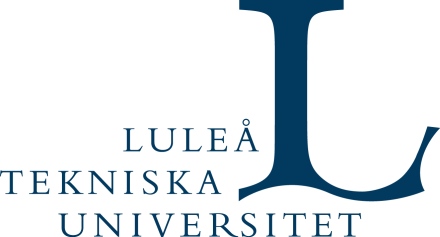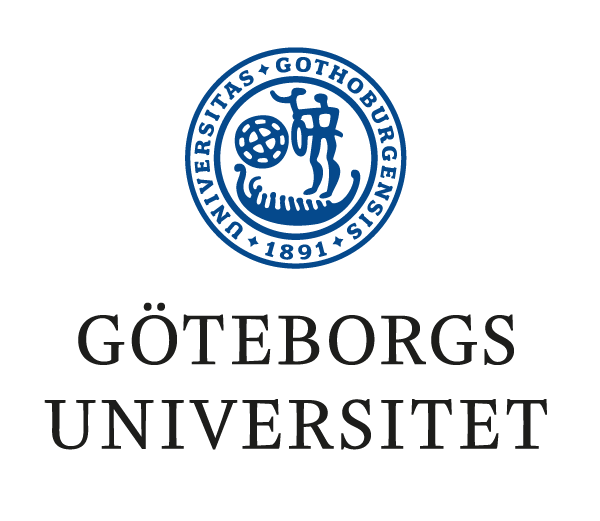The threat to biodiversity is increasingly recognized as one of humanity’s most significant challenges. Halting this threat requires a global phase-out of harmful production, replaced by new investments. However, international investment agreements, also known as investment treaties, cover a substantial portion of relevant assets. How do these agreements affect the necessary transition to a less biodiversity harmful production?
Numerous studies have highlighted alarming declines in the number of plant and animal species. According to estimates, one million out of eight million existing global species are at risk of disappearing, with many facing extinction within a few decades. A substantial portion of production facilities that harm biodiversity is foreign-owned and may be covered by one of the over 2,500 investment treaties in force. These treaties protect investments between partner countries against government actions, and usually grant private investors the right to initiate dispute resolution processes against host countries for alleged breaches of the agreements.
Critics argue that these agreements reduce host countries’ willingness to phase out environmentally or climate-damaging foreign-owned investments. They therefore argue that the protection levels in the treaties need to be lowered. A counterargument is that phase-out measures will result in significant income losses for investors, employees, and other costs. Therefore, it will be politically necessary to attract substantial new investments, and to stimulate these, treaties need to provide strong investment protection.
The interplay between phase-out and new investments
In a theoretical model, the paper explores the relevance of these arguments. In the model, a host country’s incentive to phase out harmful investments is influenced by the compensation requirements set by an investment treaty during phase-out and expectations of new investments. The prospects of new investments depend on investors’ expectations of future investment protection. As treaty texts are typically very vague, arbitral tribunals’ interpretations of the agreements become crucial for these expectations.
The demand for stability in host countries’ actions
Central to the interpretation of these agreements is the doctrine of investors’ legitimate expectations. It means that investments made before adopting a political goal—such as biodiversity conservation—entitle investors to full compensation if they incur costs when authorities seek to achieve this goal. This may reduce host countries’ willingness to phase out harmful production activities that should be phased out to achieve the goal. The doctrine also implies that new investments have weaker protection because they occur after biodiversity protection has become a known political goal. This may seem to worsen the problem by reducing the willingness to make new investments and, therefore, the willingness to phase out.
However, the study shows how the latter aspect of the doctrine increases the willingness to choose new investments with less harm to biodiversity than the phased-out investments to avoid future phase-outs. This is beneficial for biodiversity. Additionally, it provides stronger incentives for host countries to phase out harmful investments, as these will be replaced with more biodiversity friendly investments. The effects of the doctrine thus depend on whether it is applied to harmful older investments or recently made investments.
The study also highlights how the doctrine of full compensation for breaches of the agreement should be modified when new investments are triggered by the phase-out of harmful investment and the effects of exception rules for non-discriminatory measures to protect biodiversity.
This article is a translation from the Swedish article published on the Research Institute of Industrial Economics’ website >
About the authors
Henrik Horn Research Institute of Industrial Economics (IFN), Stockholm. Centre for Economic Policy Research, London.
Mark Sanctuary IVL Swedish Environmental Research Institute, Stockholm. KTH Royal Institute of Technology, Stockholm. Vice-Director Sustainable Finance Lab.






